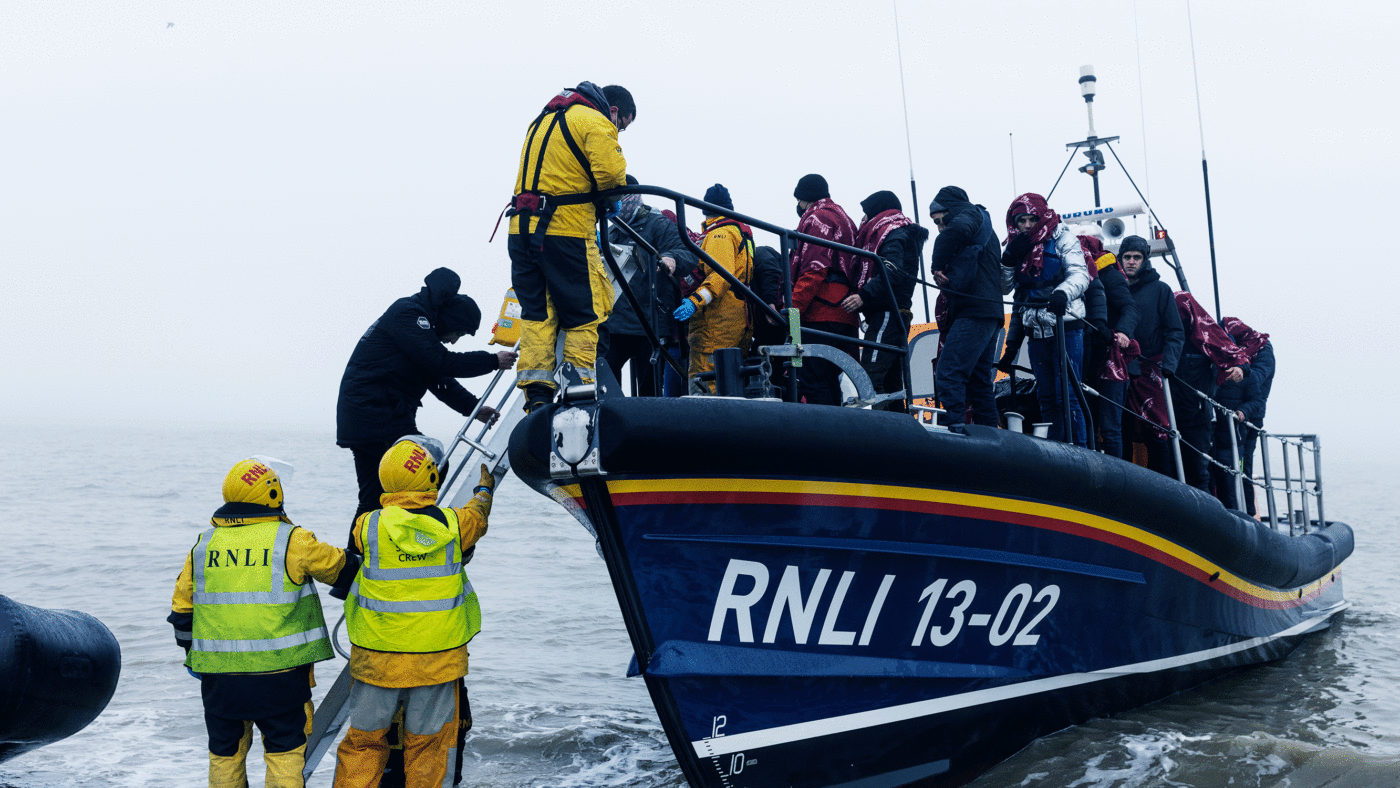Small boats making dangerous journeys across the English Channel is nobody’s idea of a well-managed asylum system, as the tragic deaths of 27 people in December made all too clear.
There is also an increased political focus on this issue, as the Government seeks to shift the focus away from public anger at the Downing Street parties during lockdown. The Sunday Times declared that ‘Boris is obsessed with the boats and the backlog’; the next day’s Times had a front-page headline about deploying the military in the Channel and processing asylum claims offshore in Rwanda or Ghana.
There are a huge number of barriers to this being a workable plan. One obvious condition for an ‘offshoring’ plan is a willing partner – but there is precious little sign that any country wishes to play that role.
Albania was the favoured target late last year. Ministers were reported to be confident that a deal was close, until Albania’s prime minister and other senior ministers stated that they would ‘never be a hub of anti-immigration policies of bigger and richer countries’. Now it’s the turn of Ghana’s Ministry of Foreign Affairs to respond that they too have no intention of helping process asylum seekers. Rwanda has also ruled this out, having just turned down a deeply unethical Danish offer of 250,000 Covid vaccines in return for doing Denmark’s asylum processing.
One of the most robust critiques of the offshoring plan has come from former Brexit Secretary David Davis, who has long believed that a commitment to civil liberties should be part of traditional conservatism. He agrees with bleeding-heart liberal critics of the Government that the offshoring plan is simply wrong in principle. But Davis adds a more practical objection, with which he hopes to persuade those who may be open to considering the idea: that even if a partner could be found, the idea is simply unworkable.
One country that has implemented an offshoring scheme is Australia – and its experience is instructive. Davis’s figures show that it cost the Australian government £4.3bn to send 3,127 asylum seekers to Nauru or to Papua New Guinea, which comes to an astonishing £1.38m per person. By contrast, the UK currently spends £1.4bn a year on the asylum system – about £11,819 per claimant, according to Davis’s analysis of official Home Office data.
A potential 23-fold increase in costs would certainly be a tricky proposition to take to the Chancellor. The Times reports that ministers are ‘willing to spend hundreds of millions of pounds on countries like Ghana and Rwanda’, but £500 million would process just over 360 asylum claims, based on the Australian experience – so even if the policy were implemented one day, the astronomical costs involved would probably make it largely symbolic.
That does not mean that the issue will go away, however. There is still some short-term political advantage in trying to have a public argument about whether offshoring should be considered. For those of us committed to an effective, fair and humane asylum system, the core issue is that it would be unprincipled and cruel – arguments about whether it is practical or not are beside the point. At the same time, Davis’ approach shows the value in having a broad coalition of critics who can argue on both the principles and the practicality – and to make the constructive argument that energy and resources should go into plans that could work, not attention-grabbing fantasies.
Nor is it enough to criticise the Government’s offshoring plan without constructive proposals to address the Channel boat crossings. It is not impossible for Britain, France, Germany and other EU countries to administer asylum and refugee systems that assess each person’s asylum claim on its merits while reducing the number of dangerous crossings.
What’s needed is cooperation between governments to assess claims. Many people do already claim asylum in France or Germany, and those with a reason to claim in the UK, such as family ties, could be permitted to do so at an embassy, rather than attempting the life-threatening Channel crossing. Resources could be invested in making fair decisions, case by case, within six months. This used to be the norm and is now the exception. Making quicker, fairer decisions would make returns more feasible too, including support for voluntary returns.
Asylum is certainly a polarising political issue. But a British government and its critics ought to have a shared interest in an asylum system that can secure public confidence – which the highly visible, uncontrolled and dangerous Channel crossings continue to corrode.
Those who have followed migration, asylum and refugee debates for some time might now identify a rule-of-thumb for considering media reports. The proposals that are the most headline-grabbing – whether it is wave machines or sonic booms in the Channel, or the offshoring plan – are performative gestures: things that are unlikely to happen, or would be primarily symbolic political theatre. The real solutions are less likely to make the front pages, but no less valuable for that.
Making asylum manageable again – by pursuing the boring solutions, not the exciting headlines – is essential to securing public trust and confidence in our commitments to refugee protection.
Click here to subscribe to our daily briefing – the best pieces from CapX and across the web.
CapX depends on the generosity of its readers. If you value what we do, please consider making a donation.


